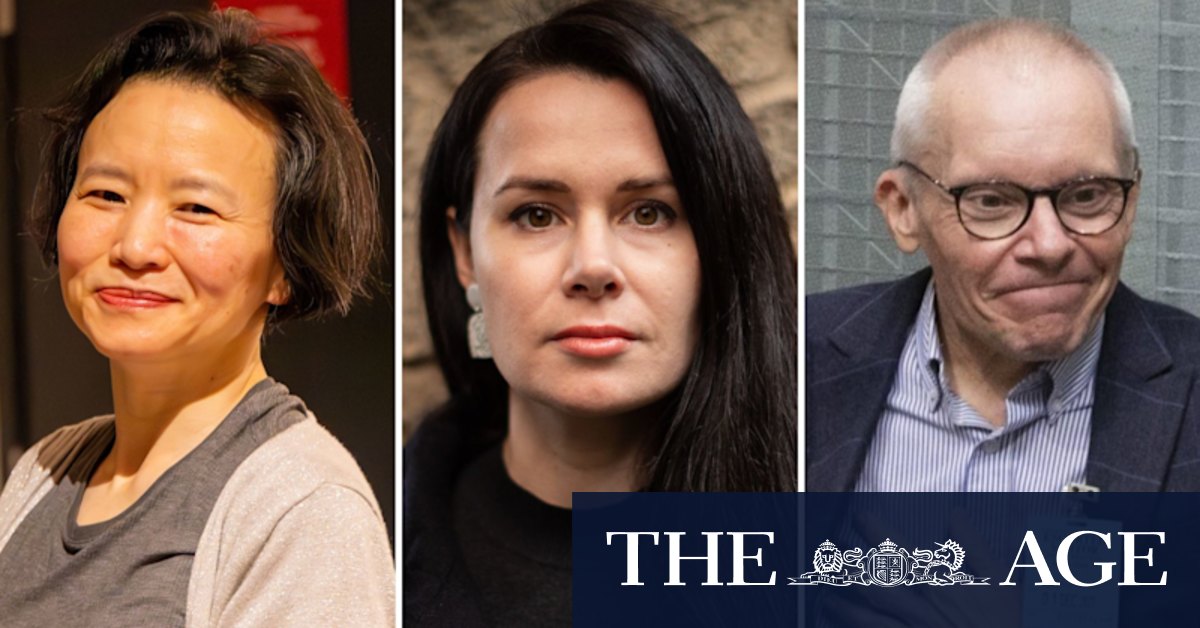NewsBeat
Coalition vows to create post to rescue jailed Australians

A new high-level position of special envoy for hostage affairs would be created if the Coalition wins the May 3 election to advocate for Australians jailed overseas on flimsy or politically motivated charges.
The pledge to take more assertive action to tackle “hostage diplomacy” has been welcomed by Kylie Moore-Gilbert, an Australian academic who was held and imprisoned in Iran from 2018 to 2020 after being falsely charged with espionage.

Cheng Lei, Kylie Moore-Gilbert and Sean Turnell were all detained overseas.Credit: DFAT, Scott McNaughton, Alex Ellinghausen
She and other former detainees believe the Department of Foreign Affairs and Trade’s preference for “quiet diplomacy” can be overly cautious and that raising the profile of Australians detained overseas could, in certain circumstances, help secure their release.
“Thankfully, following the determined efforts of successive governments, most, like Dr Kylie-Moore-Gilbert, Cheng Lei, and Professor Sean Turnell have been returned home to Australia from Iran, China, and Myanmar, respectively,” opposition foreign affairs spokesman David Coleman said.
“However, their release came only after years of having to endure circumstances which are difficult for anyone to comprehend, with little or no access to health care, contact with loved ones, lawyers and in some cases, no access to Australian officials.”
Loading
Coleman said several Australians were still trapped in terrible conditions in overseas prisons, including engineer Robert Pether, who has been detained in Iraq for four years, and Gordon Ng, who is detained in Hong Kong under strict national security laws.
Chinese-Australian academic and blogger Yang Hengjun has also been detained in China since 2019 and sentenced to a suspended death penalty, he added.
The Coalition will immediately move to establish the position if elected and would appoint a senior, respected figure to the role. They would report directly to the foreign minister, bypassing DFAT’s bureaucratic structure.
